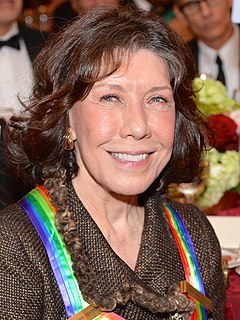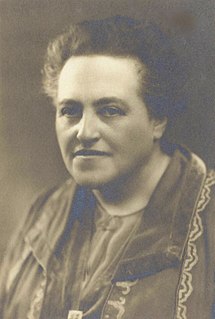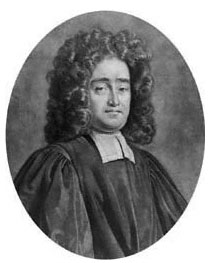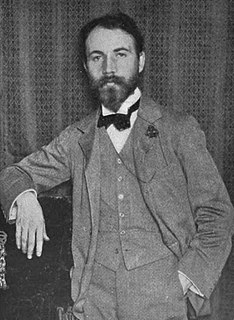A Quote by George Will
Politics should share one purpose with religion: the steady emancipation of the individual through the education of his passions.
Related Quotes
Thus, experience has ever shown, that education, as well as religion, aristocracy, as well as democracy and monarchy, are, singly, totally inadequate to the business of restraining the passions of men, of preserving a steady government, and protecting the lives, liberties, and properties of the people . . . . Religion, superstition, oaths, education, laws, all give way before passions, interest, and power, which can be resisted only by passions, interest, and power.
Under our institutions the only way to perfect the Government is to perfect the individual citizen. It is necessary to reach the mind and soul of the individual. I know of no way that this can be done save through the influence of religion and education. By religion I do not mean fanaticism or bigotry; by education I do not mean the cant of the schools, but a broad and tolerant faith, loving thy neighbor as thyself, and a training and experience that enables the human mind to see into the heart of things.
The necessity for struggle is one of the clever devices through which nature forces individuals to expand, develop, progress, and become strong through resistance. . .We are forced to recognize that this great universal necessity for struggle must have a definite and useful purpose. That purpose is to force the individual to sharpen his wits, arouse his enthusiasm, build up his spirit of faith, gain definiteness of purpose, develop his power of will, and inspire his faculty of imagination to give him new uses for old ideas and concepts. . .
From cradle to grave this problem of running order through chaos, direction through space, discipline through freedom, unity through multiplicity, has always been, and must always be, the task of education, as it is the moral of religion, philosophy, science, art, politics and economy; but a boy's will is his life, and he dies when it is broken, as the colt dies in harness, taking a new nature in becoming tame.
The democratic ideal springs from the ideas of liberty, equality, majority rule through free elections, protection of the rights of minorities, and freedom to subscribe to multiple loyalties in matters of religion, economics, and politics rather than to a total loyalty to the state. The spirit of democracy is the idea of importance and worth in the individual, and faith in the kind of world where the individual can achieve as much of his potential as possible.
Those who, animal-like, live solely according to the senses... misuse God's creation in order to indulge the passions. They do not understand the principle of that wisdom which is revealed to all: that we should know and praise God through His creation and that by means of the visible world we should understand whence we came, what we are, for what purpose we were made and where we are going. On the contrary, they travel through this present age in darkness... with... ignorance of God.
The Renaissance had resulted in the emancipation of the individual, in making him feel that the universe had no other purpose than his happiness. This brought an entirely new answer to the question, 'Why should I do this or that?' It used to be, 'Because self-instituted authority command you.' The answer now was, 'Because it is good for men.' In this lies our greatest debt to the Renaissance, that it instituted the welfare of men as the end of all action.
































